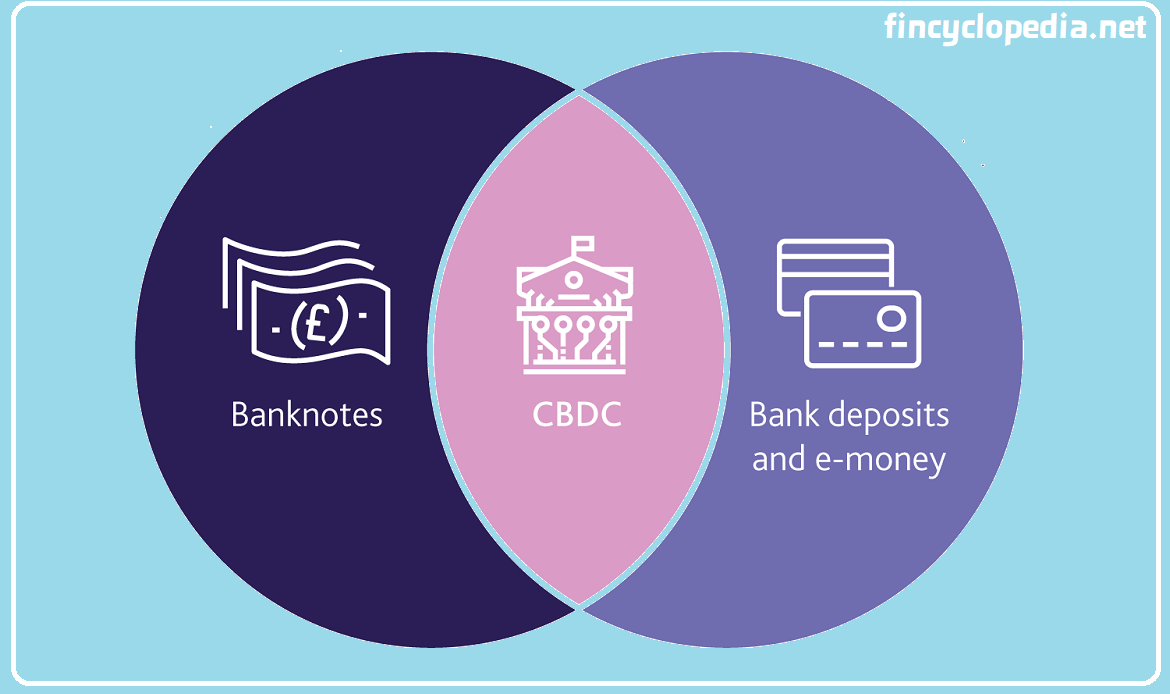A deposit that represents a stable source of funds for banks as lending institutions. Core deposits include interest and non-interest- bearing checking accounts, savings accounts and money market accounts. However, core deposits may vary in terms of denomination and function, such as small-denomination time deposits and payment accounts.
Core deposits constitute a cheap source of funding for banks as such deposits are mobilized at a low interest rate risk.
Other fixed-term deposits such as retail certificates of deposit, for amounts less than $100,000, may also be considered core deposits depending on certain circumstances. However, deposits with higher proclivity to relocation, and those where interest and maintenance costs exceed the cost of alternative funding sources, are not classified as core deposits.
Core deposits amounts are divided by the current total balance of the deposits in order to obtain the core deposits percentages.






